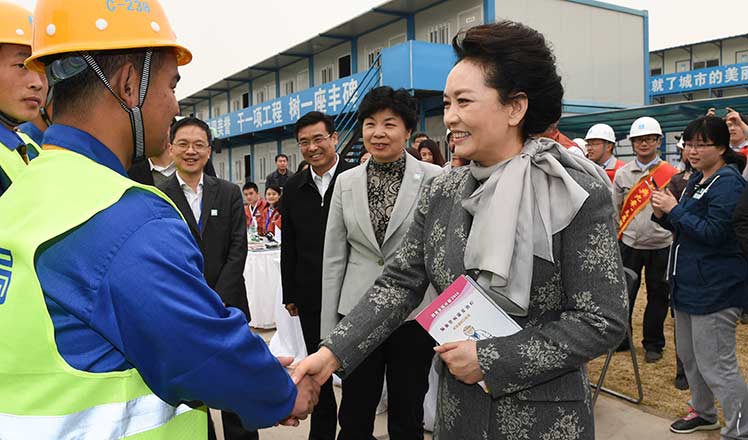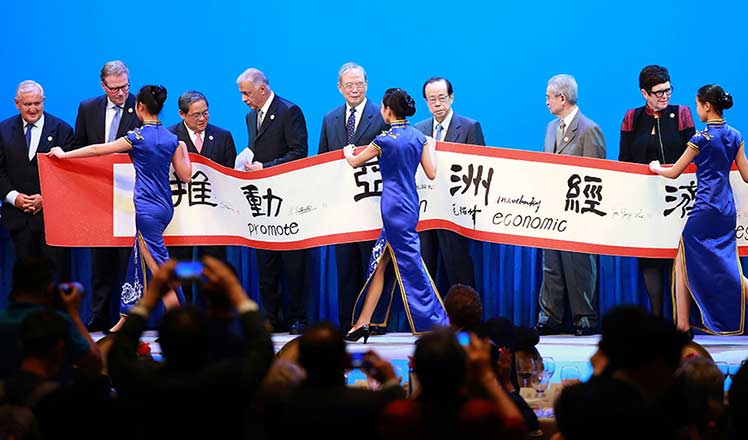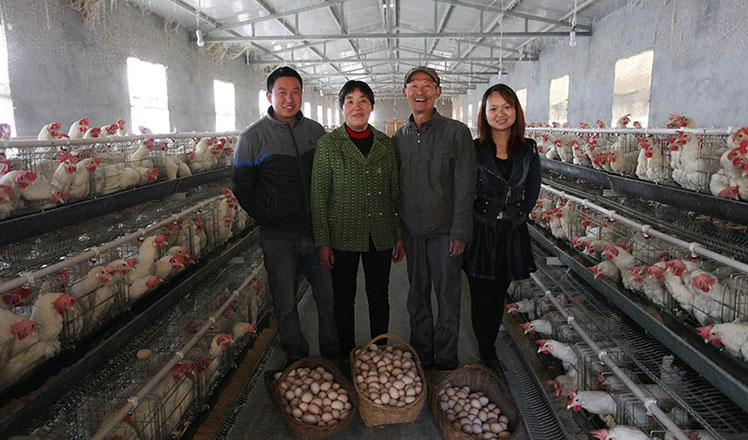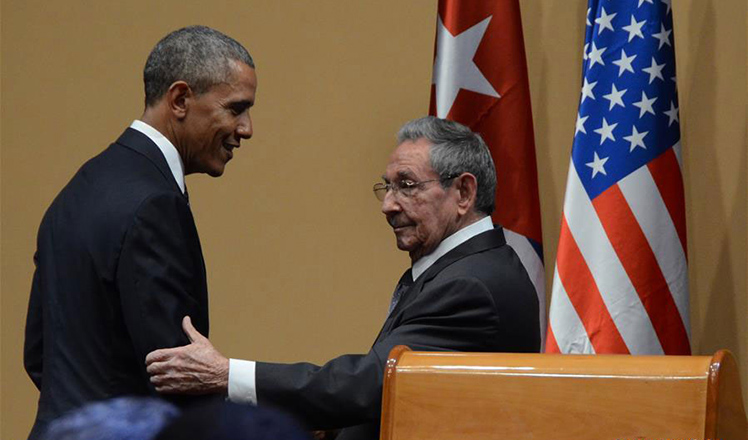Brazil looks to China for solar help
Updated: 2016-03-28 06:18
By CHRIS DALBY and MAO PENGFEI in Rio de Janeiro For China Daily(China Daily Latin America)
|
||||||||
Brazil's solar energy sector, which has been seeking strong growth lately, has proven to be fertile ground for Chinese energy companies, which are seen as a means to boost the sector's production capacity.
So said Rodrigo Sauaia, executive director of the Brazilian Association of Photovoltaic Solar Energy (ABSOLAR), in a recent interview, adding that "2016 would be the year that many manufacturers arrive in Brazil."
Sauaia said foreign firms had already announced investments in various sections of the production chain, including Chinese firm BYD, which is set to build a solar panel factory in Campinas, Sao Paulo.
Sauaia said that while certain Chinese firms are already building plants, others are currently establishing a presence in Brazil and hiring the teams that will anchor their future growth.
Sauaia added that Chinese manufacturers can bring to the table specific knowledge that Brazil needs. For example, China has equal experience setting up wind energy and solar energy projects, as well as hybrids of both.
Brazil's size means that authorities have also had to expand grid coverage and capacity to make full use of renewable energy being generated. This could be of major help to Brazil in developing its solar production chain to copy its existing and successful wind energy model, said Sauaia.
He believes that Brazil's current manufacturing focus on solar can mesh well with the priorities set in other countries. "The government has been focused on sectors such as the assembly of PV modules, which can use cells made in other countries," he said.
In terms of the financing options available to Chinese firms, he said that there were good sources offered in Brazil, such as the Brazilian Development Bank.
Furthermore, the depreciation of the real against the US dollar makes this a good time for foreign firms to invest in Brazil as the drop of the real has negatively affected the solar energy sector, which "is still structuring its production chain", according to Sauaia.
Such a challenge should not affect the excellent long-term prospects of the market, he said. "Brazil's solar power potential stands at a minimum of 10,000GW, more than the total of all other energy sources in the country. In 2014, we contracted out over 1GW for solar. This rose to over 2GW in 2015 and we expect a significant further rise in 2016," he said.
Brazil's last solar energy tender priced it at around US$79 per megawatt-hour, which Sauaia sees as "highly competitive. Our latest tender contained over 20,000MW and 750 projects, which caught the eye of investors. This is a real opportunity for Chinese investors to develop projects."
Other Brazilian programs also present opportunities for Chinese firms, he added. Earlier this year, the Brazilian government announced that around 1.2 million homes would be generating their own renewable energy by 2024. This program foresees an active sector of equipping houses with solar panels or mini-wind turbines to provide electricity with any surplus sold to local distribution centers.
New standards regulating this new system, known as distributed energy or on-site generation (OSG), went into effect in early March, said Tiago Correia, director of the National Electric Energy Agency.
Between 2014 and 2016, the number of homes or sites across Brazil that joined the OSG system grew more than fourfold, from 424 to 1,930, and officials expect that number to continue to rise. This is still small, making it an opportunity for Chinese companies to profit from the rise.
Certain Chinese giants, such as Yingli Solar, are seen as especially well-positioned given their existing market presence in Brazil. Their sponsorship of the 2014 World Cup helped their brand recognition in the country immeasurably, since their advertisements were all over numerous stadiums.
Despite local protectionist laws, Brazil understands it does not have the needed expertise to make its solar energy sector blossom. As the likes of Yingli and BYD enter into Brazil as full-fledged manufacturers and not just salesmen, they will become more invested in the country's solar prospects. This is when that collaboration will really begin to shine, Sauaia said.

 First lady Peng Liyuan leads fight against tuberculosis
First lady Peng Liyuan leads fight against tuberculosis
 Faces at Boao Forum for Asia Annual Conference
Faces at Boao Forum for Asia Annual Conference
 In photos: Lunar eclipses visible in eastern China
In photos: Lunar eclipses visible in eastern China
 Chinese chasing Spring blossoms around the country
Chinese chasing Spring blossoms around the country
 Migrant couple returns to hometown to raise chickens
Migrant couple returns to hometown to raise chickens
 Victims of Brussels attacks commemorated
Victims of Brussels attacks commemorated
 In photos: Brussels rocked by multiple explosions
In photos: Brussels rocked by multiple explosions
 Raul Castro and Obama hold talks in Havana
Raul Castro and Obama hold talks in Havana
Most Viewed
Editor's Picks

|

|

|

|

|

|
Today's Top News
Marriott unlikely to top Anbang offer for Starwood: Observers
Chinese biopharma debuts on Nasdaq
What ends Jeb Bush's White House hopes
Investigation for Nicolas's campaign
Will US-ASEAN meeting be good for region?
Accentuate the positive in Sino-US relations
Dangerous games on peninsula will have no winner
National Art Museum showing 400 puppets in new exhibition
US Weekly

|

|







